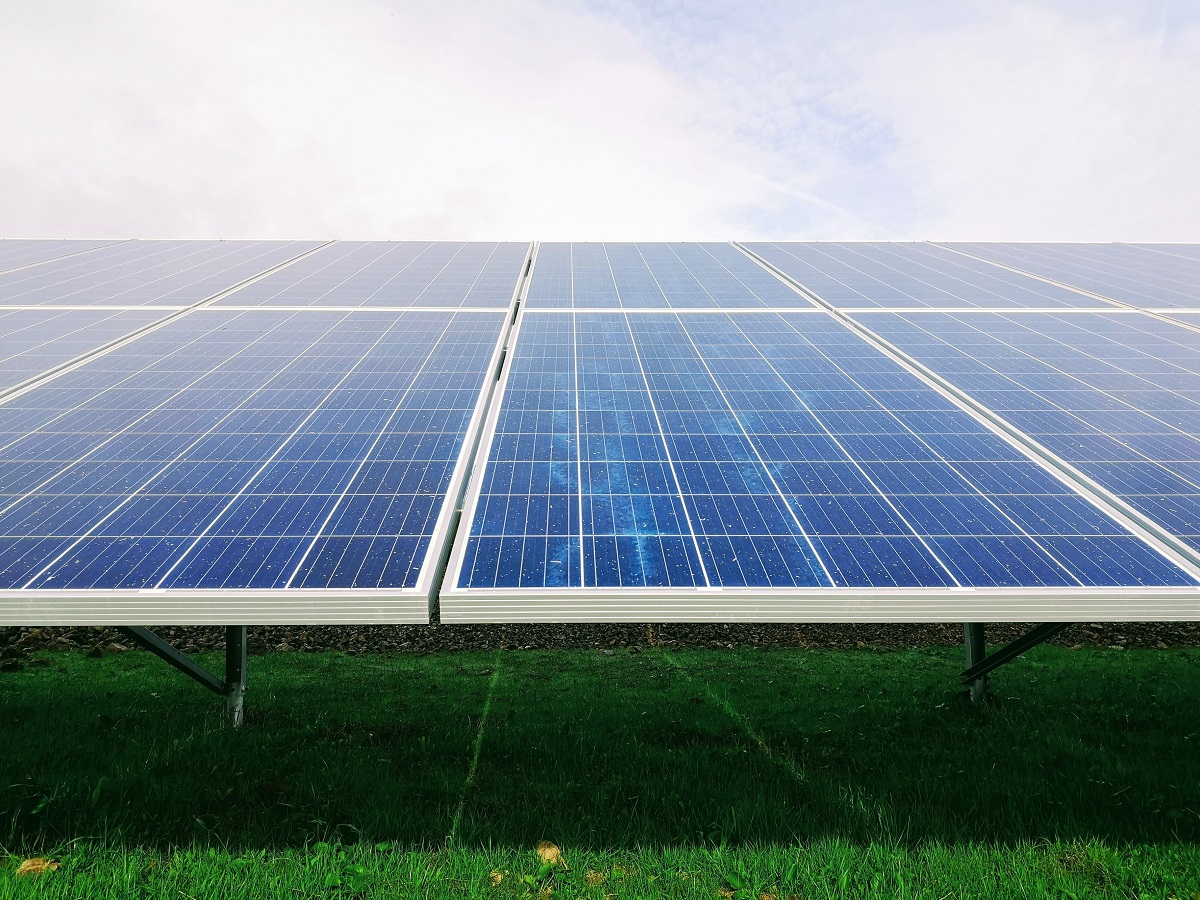In response to rising accusations that it is doing little to safeguard the environment, Mexico’s state-owned utility offered $1.75 billion in sustainable bonds in global debt markets for the first time, Bloomberg reported.
According to a source familiar with the situation, the Comision Federal de Electricidad entered the US investment-grade market with a benchmark two-part sustainability bond. According to the individual, who requested not to be identified because the facts are secret, the longest tranche of the offering, a 30-year security, yields 4 percentage points higher than similar Treasuries, which is in line with original pricing conversations. Based on Tuesday’s Treasury rates, it equates to around 6.25 percent.
According to Bloomberg statistics, the power company is offering bonds connected to environmental, social, and governance problems, or ESG, for the first time in overseas markets.
According to a second-party assessment published by Sustainalytics, which examines ESG criteria in bond issuance, CFE wants to utilize the profits from sustainable debt sales to support new or existing projects that integrate renewable energy.
According to Bloomberg statistics, global sales of sustainable bonds — which may be used to fund both environmental and social initiatives — skyrocketed last year, hitting a record $181 billion, up considerably from the $82 billion issued in 2020. Sales are expected to hit $225 billion this year, according to Moody’s ESG Solutions.
Environmentalists and investors have chastised the company for using highly polluting fuel oil at its facilities and neglecting to invest in clean and sustainable energy sources. President Andres Manuel Lopez Obrador has proposed a contentious new measure in Congress that would terminate certain private enterprises’ existing energy-generating licenses and prioritize CFE’s old hydroelectric power facilities, followed by nuclear and gas-fired reactors that also burn fuel oil.
The president has stated that a more nationalized energy industry will help Mexico’s economy recover by allowing the country to become self-sufficient in power and reduce its reliance on uncertain global markets.
According to a study released at the beginning of this month by the National Renewable Energy Laboratory in the United States, if the energy policy changes are endorsed, the cumulative cost to run Mexico’s national electricity network could emerge by as much as 52.5 percent, with annual CO2 emissions rising as high as 65.2 percent in the most extreme case.
As per the second party assessment, CFE wants to lower its carbon emissions intensity by over 18% by the end of 2026 as part of its business strategy and will cooperate with independent power producers to reach this goal.

